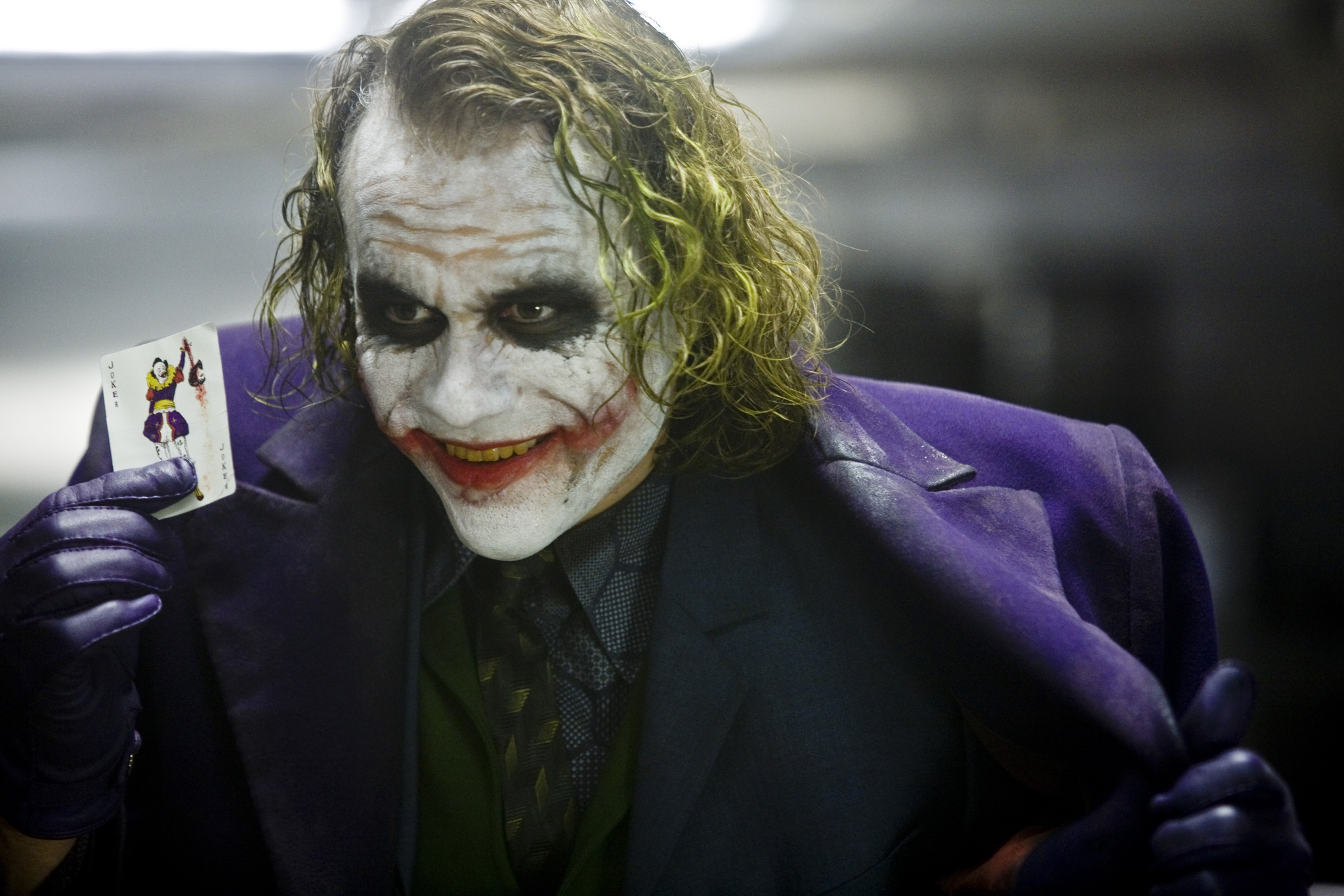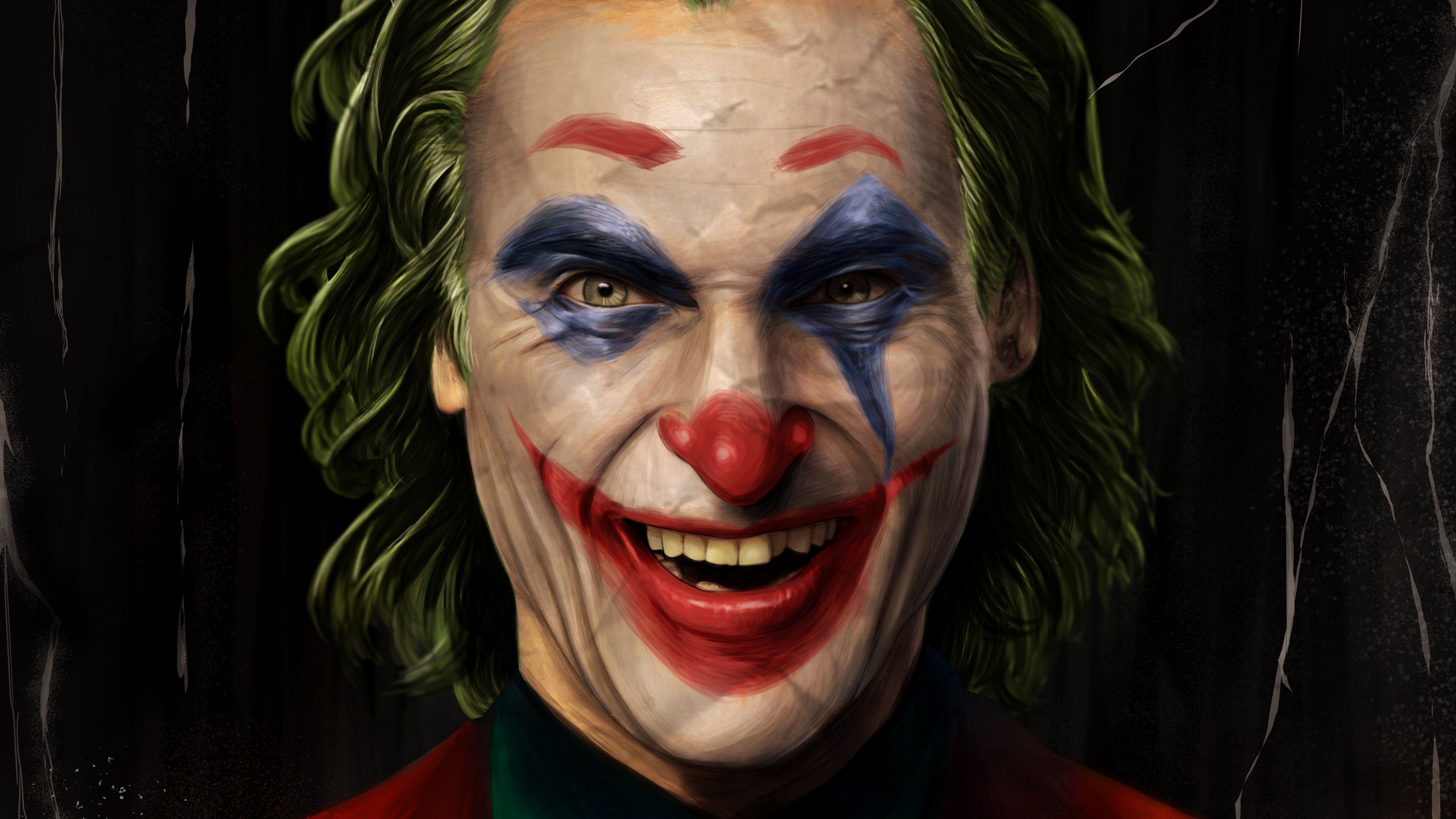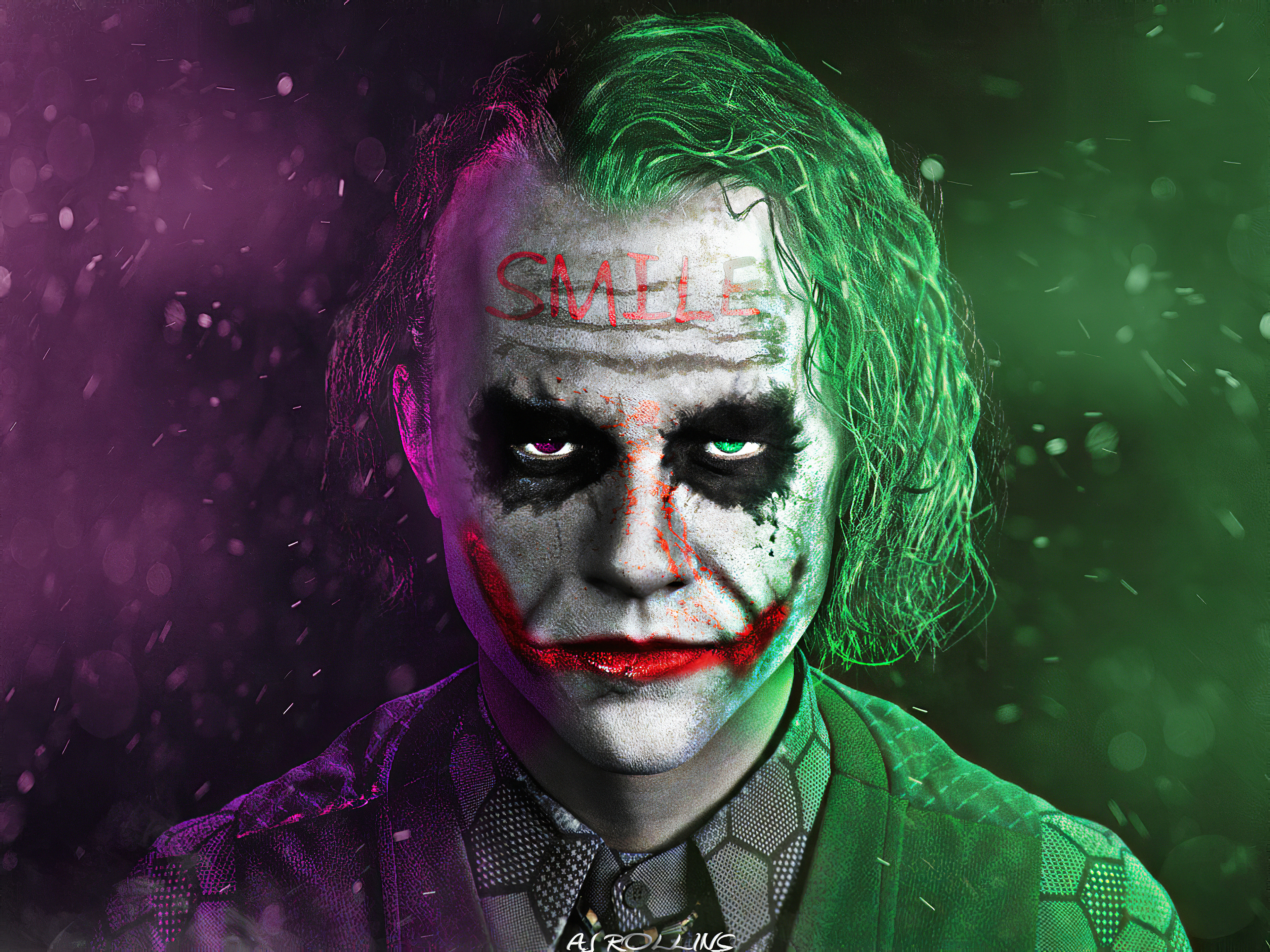Joker Elevator Scene
Joker Elevator Scene - A Moment of Quiet Intensity
The "joker elevator scene" stands out as a really compelling moment in the film, one that, you know, captures a quiet kind of tension. It's a sequence where Arthur Fleck, a character played by Joaquin Phoenix with just so much depth, finds himself in a very confined space. This particular part of the movie, arguably, helps us feel what Arthur is feeling, bringing us right into his personal world as things start to change for him. It's a pretty powerful bit of storytelling, showing us a lot without needing too many words, really.
This specific interaction, you see, offers a glimpse into Arthur's day-to-day existence, which, as a matter of fact, is often marked by awkwardness and a feeling of being overlooked. The presence of Sophie, his neighbor, during this short ride, adds a layer of ordinary life to what is otherwise a very internal and, well, somewhat unsettling experience for Arthur. It's a small moment, yet it feels quite significant in showing us his struggle to connect, or perhaps, his slow drift away from conventional interactions, which is kind of sad.
For those who've seen the film, this scene, like your, sticks with you, partly because it sets a certain mood, almost a prelude to the bigger changes Arthur goes through. It’s a very early look at the character before he fully embraces the persona we come to know. The way it's put together, you know, it really makes you pay attention to the subtle things happening, hinting at the depths Arthur will eventually explore within himself, channeling out the clown he knew he was always meant to be, in a way.
- Jonny Marlow
- Wife Sex Pictures
- Kelly Reilly Bathing Suit
- Kanye West Phone Number
- Niki Taylor Matt Martinez
Table of Contents
- Joaquin Phoenix - The Actor Behind Arthur Fleck
- Arthur's World Before the Joker Elevator Scene
- A Subtle Encounter in the Joker Elevator Scene
- What Does the Joker Elevator Scene Tell Us About Arthur's Mind?
- The Power of Performance in the Joker Elevator Scene
- How Does the Joker Elevator Scene Compare to Other Key Moments?
- Cinematic Choices and the Joker Elevator Scene
- Is the Joker Elevator Scene a Turning Point?
Joaquin Phoenix - The Actor Behind Arthur Fleck
Joaquin Phoenix, a performer with a really long and varied career, brings Arthur Fleck to life in a truly unforgettable way. His portrayal of this character is, well, something that earned him a lot of praise, including some very significant awards. He has a history of taking on quite intense roles, and this one, frankly, is no exception. He seems to have a knack for getting right into the skin of his characters, showing us their inner lives with a lot of skill.
For this particular film, Phoenix underwent a rather extreme physical transformation, which, you know, added another layer to his performance. He lost a considerable amount of weight, which arguably contributed to the fragile and somewhat gaunt appearance of Arthur. This commitment, you see, is something that viewers really respond to, making his depiction of the character feel incredibly genuine and, in some respects, quite unsettling. It's that kind of dedication that makes a performance stick with people for a long time.
His ability to convey a wide range of feelings, from deep sadness to bursts of uncomfortable laughter, is, quite honestly, a major reason why the film resonated with so many. He makes Arthur feel like a real person, someone you might, perhaps, encounter, even if his experiences are far from ordinary. The way he moves, his facial expressions, the very subtle shifts in his demeanor, all these things combine to create a truly complete picture of a man on the edge, which is really something to watch.
- Hawaii Bac Limit
- Full Sleeve Angel Tattoo
- Nate Bargatze Sitcom
- Where Do All The Celebrities Live In Los Angeles
- Lit To Mia
Personal Details and Bio Data of Joaquin Phoenix
| Full Name | Joaquin Rafael Phoenix |
| Date of Birth | October 28, 1974 |
| Place of Birth | San Juan, Puerto Rico |
| Nationality | American |
| Notable Roles | Arthur Fleck (Joker), Commodus (Gladiator), Johnny Cash (Walk the Line) |
| Awards | Academy Award, Golden Globe Awards, BAFTA Awards, Screen Actors Guild Awards |
Arthur's World Before the Joker Elevator Scene
Before we even get to the "joker elevator scene," we see Arthur Fleck struggling through his daily existence in Gotham City. He's a man who tries to make people smile, working as a clown-for-hire, but he often finds himself on the receiving end of cruel jokes and indifference. His life is, you know, pretty tough, marked by a constant feeling of being put down and misunderstood. He carries a small card that explains his condition, his uncontrollable laughter, which, frankly, often makes situations even more awkward for him, as a matter of fact.
His connection to his mother, Penny, played by Frances Conroy, is, apparently, his closest source of genuine care and warmth. Penny has Arthur convinced of certain things about their past, things that shape his view of himself and his place in the world. This relationship, in some respects, forms a very significant part of Arthur's emotional foundation, or what's left of it. He seems to rely on her for comfort and, you know, a sense of belonging, even if their home life is far from ideal, which it often is.
The film shows us Arthur's attempts to connect with others, his visits to a therapist, and his aspirations to be a stand-up comedian. These early moments paint a picture of a man desperately seeking acceptance and a place where he fits in. He’s looking for a way to express himself, to be heard, but the world around him, quite honestly, seems to push him further and further away. It's a very lonely existence, really, before the events that truly change him begin to unfold, which is, well, pretty sad.
A Subtle Encounter in the Joker Elevator Scene
The "joker elevator scene" itself is a moment of quiet interaction that, you know, speaks volumes. Arthur is in the elevator, perhaps lost in his own thoughts, when a female voice calls out "wait!" His neighbor, Sophie, a young woman in her twenties, stops the door with her foot, carrying a bag of groceries. She enters, followed by what we later understand to be her daughter. This seemingly ordinary event, actually, becomes a point of focus for Arthur, a brief connection in his otherwise isolated world, which is kind of interesting.
During this short ride, Arthur engages in what's described as "suicidal miming." He makes gestures as if putting a gun to his head, a silent, almost desperate cry for help or, perhaps, a way of expressing his inner torment without words. This act, while unsettling, is, you know, a very private expression of his distress, one that Sophie, apparently, doesn't seem to notice or, at least, doesn't react to in any obvious way. It highlights Arthur's feeling of being invisible, even when he's making such a dramatic, albeit silent, statement.
The scene is short, but it's loaded with subtle details. When Sophie enters, you can see her press a button for her floor, a small, everyday action that contrasts sharply with Arthur's internal chaos. This brief encounter, you know, shows us Arthur's fascination with Sophie, a fascination that, as a matter of fact, plays a significant role in his later fantasies. It’s a moment that, quite honestly, feels very real in its awkwardness and the unspoken feelings floating around, which is pretty much how many real-life interactions feel, in a way.
What Does the Joker Elevator Scene Tell Us About Arthur's Mind?
So, what does the "joker elevator scene" truly reveal about Arthur's state of mind? This particular moment, you see, gives us a very clear look into his deep-seated feelings of despair and his longing for an escape from his current situation. The "suicidal miming" isn't just a random act; it’s a physical manifestation of his inner turmoil, a way for him to act out the thoughts that are, you know, constantly swirling in his head. It shows us how much he's hurting, almost like a silent scream for someone to notice, which is quite poignant.
It also highlights his detachment from reality, or at least, his unique way of processing it. The fact that he performs such a dark act in front of another person, even if they don't seem to perceive it, suggests a blurring of lines between his internal world and external behavior. He's, apparently, so consumed by his pain that these expressions just spill out, regardless of who might be watching. This, in some respects, hints at the mental health struggles that are, frankly, a central theme of the film, which is something to consider.
The scene also sets up his later, more vivid fantasies involving Sophie. His quiet observation of her, his seemingly innocent interactions, later reveal themselves to be products of his imagination. This elevator moment, you know, is one of the first subtle clues that Arthur's perception of reality is, perhaps, not entirely reliable. It’s a very early indicator of his mind starting to break, creating its own versions of comfort and connection, which is, well, pretty unsettling to think about, really.
The Power of Performance in the Joker Elevator Scene
Joaquin Phoenix's acting in the "joker elevator scene" is, quite honestly, a masterclass in subtle expression. He conveys so much with just a look, a slight shift in posture, or the quiet, almost desperate miming. His ability to show Arthur's vulnerability and his deep sadness without uttering a single word is, you know, incredibly compelling. It’s a testament to his talent that he can make such a small, confined space feel so charged with feeling, which is pretty amazing.
The way he carries himself, even in those early moments, hints at the physical and mental transformation Arthur is undergoing. You can see the weight of the world on his shoulders, the weariness in his eyes, and the quiet desperation. This, you see, is part of what makes his performance so strong; he doesn't just play a character, he truly embodies the pain and isolation that define Arthur. It’s a very physical performance, even in moments of stillness, which is, frankly, something to admire.
The scene, like your, also benefits from the editing, which helps to put you right in the lead character's perspective. The close-ups on Arthur's face, the way the camera lingers, all contribute to the feeling of intimacy and unease. This kind of careful filmmaking, you know, allows Phoenix's performance to shine, letting every subtle nuance of his portrayal come through. It's a powerful combination of acting and direction that makes even a brief elevator ride feel incredibly impactful, which is, well, pretty cool.
How Does the Joker Elevator Scene Compare to Other Key Moments?
While the "joker elevator scene" is a quiet moment, it contrasts sharply with other, more outwardly dramatic parts of the film. Take, for example, the "joker stairs dance complete scene." That moment, which has become iconic, shows Arthur fully embracing his new persona, moving with a kind of wild freedom down a long flight of steps. It's a public display of his transformation, a moment of triumph for him, in a way, after so much struggle. The elevator scene, by contrast, is internal, confined, and still steeped in his pain, which is, you know, quite a difference.
Another significant moment is when Arthur breaks into a place to get his mother's records. After Thomas Wayne tells him about Penny's stay in Arkham Asylum, Arthur tries to get those documents. He ends up having to steal them, and what he reads, frankly, fills him with so many strong feelings – I mean, how could it not? That discovery is a huge turning point, shattering his understanding of his past and his relationship with his mother. The elevator scene, in some respects, is a precursor to this kind of emotional explosion, a quiet build-up to greater revelations, which is, well, pretty clever.
Then there's the very dramatic moment in the corridor afterwards, which, apparently, seems to be one of the very few instances of clumsiness in the film. This shows Arthur’s actions becoming more erratic, less controlled. The "joker elevator scene," on the other hand, is still about his internal world, his quiet despair, rather than his outward rebellion. These different scenes, you see, work together to chart Arthur's slow descent and eventual emergence as the Joker, showing various stages of his transformation, which is, quite honestly, a fascinating progression.
Cinematic Choices and the Joker Elevator Scene
The way the "joker elevator scene" is filmed, you know, really contributes to its impact. The tight space of the elevator itself creates a feeling of confinement, mirroring Arthur's own trapped existence. The director, Todd Phillips, and his team, including Lawrence Sher, the cinematographer, use the limited area to their advantage, focusing on the characters' expressions and the unspoken tension. It's a very intentional choice that helps to make the scene feel intimate yet uncomfortable, which is, well, pretty effective.
The use of sound, or rather, the lack of it, also plays a role. The scene is relatively quiet, allowing Arthur's actions and Sophie's simple presence to take center stage. This absence of loud music or dialogue emphasizes the internal nature of Arthur's struggle and the subtle dynamics between the characters. It forces the viewer to pay closer attention to the visual cues and the quiet drama unfolding, which, frankly, makes the moment feel even more potent, in a way.
Even small details, like the mention of Sophie pressing a button for her floor, are deliberate. These little bits of everyday life, you see, are juxtaposed with Arthur's profound internal suffering, highlighting how disconnected he feels from the ordinary world. The film, generally, excels at these kinds of contrasts, using seemingly mundane settings to underscore the extraordinary journey of its main character. It's a very thoughtful approach to storytelling, which is, quite honestly, something to appreciate.
Is the Joker Elevator Scene a Turning Point?
So, is the "joker elevator scene" truly a turning point for Arthur Fleck? While it might not be a dramatic explosion, it is, in some respects, a very important moment that hints at the changes to come. It's one of the early instances where we see Arthur’s inner world bleeding into his external actions, even if subtly. The "suicidal miming," for example, is a clear sign of his deep distress and his growing desperation, which is, you know, pretty significant.
It also sets up his later, more intense fixation on Sophie, which, as a matter of fact, proves to be a major element in his unraveling. The scene introduces her as a potential source of connection for Arthur, albeit one that exists mostly in his mind. This initial interaction, you see, plants a seed that grows into a full-blown delusion, further isolating him from reality. It's a very early indicator of his mind starting to construct its own truths, which is, well, pretty chilling.
In a way, the elevator scene serves as a quiet foreshadowing of the larger chaos that will eventually consume Arthur and, by extension, Gotham City. It's a moment of quiet despair before the storm, a subtle hint of the character he is becoming. It’s not the moment he fully becomes the Joker, but it is, arguably, a step along that path, showing us his growing detachment and his profound loneliness. It's a very important piece of the puzzle, really, in understanding his transformation, which is, quite honestly, fascinating to observe.
The "joker elevator scene" is a quiet yet impactful moment in the film, showcasing Arthur Fleck's internal struggles and his growing detachment from reality. It features Joaquin Phoenix's subtle performance, highlighting his character's despair through silent actions like "suicidal miming." The scene also introduces Sophie, Arthur's neighbor, and subtly sets up his later fantasies. It contrasts with more dramatic parts of the movie, like the stairs dance, and uses cinematic techniques to emphasize confinement and internal turmoil. This brief encounter serves as an early sign of Arthur's mental state and his eventual transformation into the Joker.

The Dark Knight - The Joker

5k Joker Joaquin Phoenix 2019 Wallpaper,HD Movies Wallpapers,4k

Joker Smile 4k Wallpaper,HD Superheroes Wallpapers,4k Wallpapers,Images